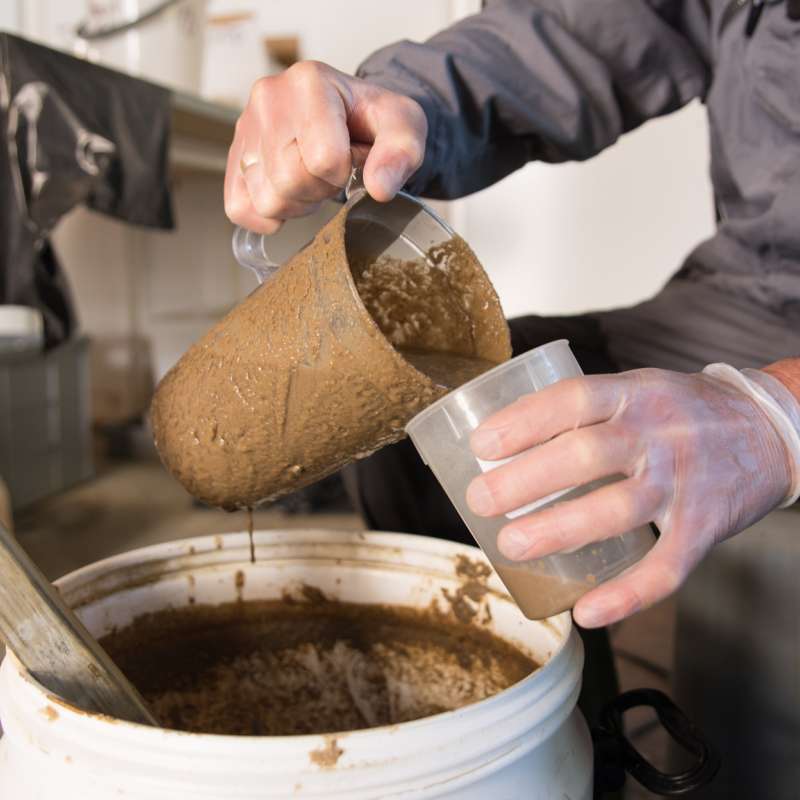Linn Solli
Research Scientist
Biography
Education: Doctoral degree (PhD) (2017) in microbiology at the University of Life Sciences, NMBU.
Area of research:
- Blue / green bio economy (agriculture / aquaculture)
- Climate and environmentally friendly management of organic residual fractions (animal manure, fish sludge, slaughterhouse waste etc)
- Anaerobic degradation of organic fractions
- Biogas process and methane production
- Dynamics in anaerobic microbiological communities
- Tolerance for nitrogen (ammonia) and fatty acids (LCFA / VFA) in anaerobic microbiological communities
- Syntrophic relations between different groups of bacteria and methanogenic Archaea
At Ås we have Norway's largest biogas laboratory, with equipment and instruments for various types of biogas experiments (e.g. potential tests, long-term continuous biogas experiments, analysis of gas and organic material). The laboratory also has facilities for micro-algae experiments, composting experiments and a number of different analyzes.
Abstract
No abstract has been registered
Abstract
Upgrading biogas to biomethane could contribute to sustainable energy production, yet H2S may reduce the process efficiency and gas quality. This work examined the impact of H2S on biomethanation in batch assays and in continuous trickle bed reactor (TBR). The batch assay (not biofilm based) was conducted to quickly determine the threshold H2S concentration and to evaluate the inoculum's response to repeated H2S exposure. In contrast, the TBR experiment aimed to explore the role of biofilm-based biomethanation in mitigating H2S inhibition. Batch assays revealed significant inhibition, especially at higher H2S concentrations (3 %) and thermophilic temperatures (51 °C). In the batch assay, presence of H2S resulted in up to 30 % reduction in CH4 yield, decreasing from 229 to 160 NmL/Lreactor. Additionally, the CH4 content declined by 12 %, from 49 to 43 %. In contrast, TBRs showed resilience where TBRs fed with H2S-rich biogas produced effluent gas with 83.5 % CH4, similar to control (81.0 %). 16S rRNA analysis highlighted shifts toward sulphate reducing and sulphur oxidizing bacteria under H2S exposure, while acetogenic and syntrophic acetate-oxidizing bacteria increased in the control. This suggests potential competition for available substrates when subjected to H2S. These findings highlight that H2S significantly inhibits non-biofilm-based biomethanation, as seen in batch assays, although moderate acclimation was observed. However, biofilm-based process, e.g TBRs, effectively mitigate H2S toxicity, ensuring efficient biogas upgrading to biomethane.
Abstract
No abstract has been registered

